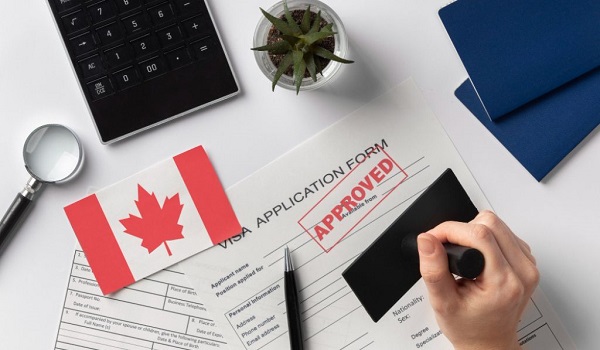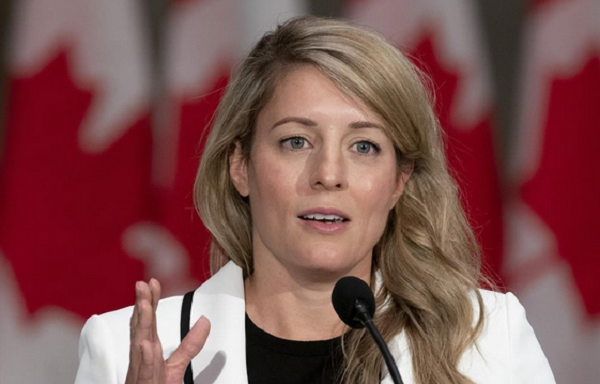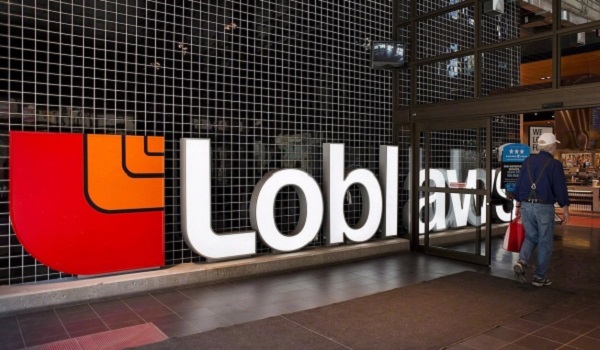Immigrants condemned government action for limiting immigration sponsorships to a four-year-old list
Immigrants who came to Canada with the hope that their parents or grandparents could one day join them say they feel cheated after the federal government opened a sponsorship lottery this month drawing from a four-year-old list of applicants.
They are upset because Ottawa decided to allow around 30,000 sponsorships this year, but excluded applicants from joining the program if they had not registered an interest in 2020.
Some told The Globe and Mail that if they can’t successfully sponsor their relatives at some point, they may have to leave this country themselves to take care of them.
Immigration, Refugees and Citizenship Canada (IRCC) is sending out 35,700 randomly selected invitations to Canadian citizens and permanent residents to apply for the Parents and Grandparents Program (PGP).
The invitations are drawn from a list of 200,000 people who expressed an interest in sponsoring their relatives in 2020.
Not everyone who receives an invitation to apply will submit a PGP application; however, IRCC said it ultimately expects around 32,000 grandparents and parents to qualify for permanent residence.
But people who have been waiting for four years to join the pool to sponsor their parents or grandparents from abroad say they feel locked out. They include those who did not meet the financial threshold required to sponsor family members in 2020.
Harpreet Singh, who owns a digital marketing company in Langley, B.C., and moved here from Britain in 2018, wants the option to bring his mother from that country to join him in Canada permanently. He has launched two petitions to Parliament to open up the pool to allow “new submissions” to join the program, saying that tens and thousands of citizens and permanent residents want the chance to apply.
“Genuine applicants who followed the rules and waited for a new application opportunity since 2020 remain locked out due to the continued use of the same pool. The government even said the pool would reopen in 2021, but it never did,” he said.
NDP immigration critic Jenny Kwan said she has been contacted by people distraught about being shut out. Ms. Kwan said the lottery system is “unfair and unjust” and she knew of people “who have waited so long their loved ones have died” in the meantime.
She said many parents and grandparents, sponsored by their families, contribute to the Canadian economy including by looking after grandchildren, so their children can work.
In order to sponsor parents and grandparents, people must show that they have a certain level of income that depends on how many people they plan to sponsor.
They must also commit to supporting financially their parents and grandparents. Although those sponsored gain permanent residence, they cannot use government social-assistance programs. However, they can access health care.
Isabelle Dubois, a spokeswoman for IRCC, said it recognizes that since 2020 “circumstances may have changed and new individuals are looking to sponsor their parents and grandparents through the PGP program.”
“We’re working hard to strengthen and improve the program, while continuing to reunite as many families as possible,” she said.
She said the volume of interest in joining the sponsorship program was so high that “there’s still enough interest to randomly select and invite from the 2020 pool again this year.”
She said people who are not on the list have an option to apply for super visas, allowing their parents and grandparents to join them in Canada for five years.
Last year, around 73,000 super visas for parents and grandparents were issued. The visas do not give people access to health care or other benefits.
Ayon De, a management consultant who came to Canada in 2018 after working in the United States, wanted to bring his elderly parents from India. He didn’t apply in 2020 because having recently moved here, he thought he did not have the qualifying income. He had hoped to apply for the promised lottery in 2021 but it was cancelled by the government.
Instead, his parents came here on a five-year super visa, but his father died of cancer in 2023 while here, leaving him and his sister with $70,000 of expenses including emergency hospital bills not covered by the insurance they were required to obtain.
His mother, Shikha, is in Whitby, Ont., with Mr. De’s family on a super visa valid until November next year.
Mr. De told The Globe that, with his sister also here, he now may have to “uproot everything” and move with his wife and children back to the United States. Either that, or relocate with his company to Britain or India so his mother can live with him permanently. As a Canadian citizen, he had planned to remain here with his family.
“My mom is 72 now, the average lifespan of a human being is at 81 to 82 years. I have waited four years for the PGP to open. It hasn’t,” he said. “There’s not much time left. I can’t leave my mom back in India alone to die because me and my sister are here. We are the only two children.”
Maryam Ahmed said she had intended to put her name on the list in 2021 to bring in her elderly parents who are retired in Kenya. But the opportunity to put her name in the pool was cancelled.
She came to Canada in 2015 from the UAE, and has worked for B.C. government ministries, gaining Canadian citizenship. She said that, as the eldest daughter, her priority is to take care of her aging parents.
“I’m putting off many future plans while waiting for the Parents and Grandparents Program to reopen year after year,” she said. “Unfortunately, I might have to make a hard decision to leave Canada in three to five years at maximum if I’m not able to sponsor them by then.”
This article was first reported by The Globe and Mail












